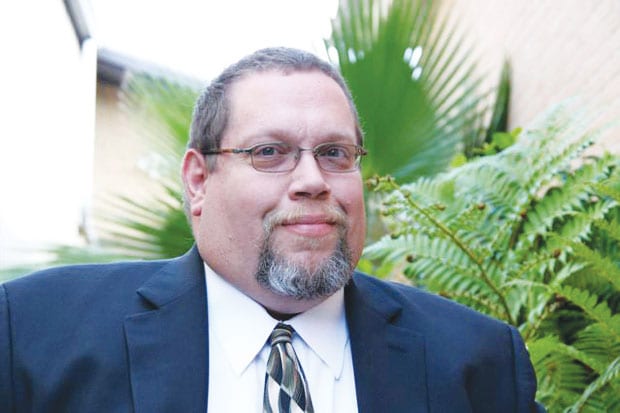Austin, Dallas, Fort Worth top Texas cities in HRC Municipal Equality Index
A new report assessing LGBT inclusion in municipal law and policy released on Wednesday, Nov. 12, revealed only three of the 22 surveyed Texas cities achieved perfect or near perfect scores.
The Human Rights Campaign’s 2014 Municipal Equality Index assessed data from 353 cities across the nation. The cities researched for the 2014 MEI include the 50 state capitals, the country’s 200 most populous cities, each state’s four largest cities, the city in which each state’s largest public university is located and an equal mix of 75 of the nation’s large, mid-size and small municipalities with the highest proportion of same-sex couples.
Texas’ largest cities were most likely to have pro-LGBT policies; few small or mid-sized Texas cities have advanced on LGBT issues.
The average score for cities in Texas is only 28 points compared to a national average of 59 points.
Austin was the only Texas city — and one of 38 nationwide — to receive a perfect 100-point score. Dallas came in second in Texas with 91, and Fort Worth was third with 83 points.
El Paso’s 52 points, Houston’s 54 and San Antonio’s 72 rounded out the list of the top six cities in Texas.
Plano received the highest score — 22 points — of any suburb in the state. In the Dallas/Fort Worth region, Arlington, Garland, Grand Prairie, Irving, McKinney and Mesquite all scored between 0 and 11.
Cities are evaluated based on 47 criteria grouped under six broad categories: non-discrimination laws, relationship recognition, employment policies, including transgender-inclusive insurance coverage, contracting non-discrimination requirements, and other policies relating to equal treatment of LGBT city employees, inclusiveness of city services, fair law enforcement practices and leadership on matters of equality.
Inclusive municipal policies are critical to safeguarding LGBT people in a state like Texas, which lacks any comprehensive statewide legislation barring discrimination or relationship recognition.
While Texas cities racked up points for protecting residents from discrimination and recognizing same-sex couples, Dallas and Fort Worth, in particular, still do not provide transgender-inclusive coverage or require contractors to provide equal benefits to same-sex couples.
“Dallas has the potential to be at 100-percent if it chooses to tackle transgender-inclusive health insurance and requiring city contractors to provide equal benefits to same-sex couples,” said Rafael McDonnell, communications and advocacy manager for Dallas’ Resource Center.
Dallas earned nearly nine more points from the previous year, while Fort Worth declined by eight points.
This year’s new criteria included providing for LGBT youth and protections for homeless LGBT youth, both of which contributed to Fort Worth’s slipping in the ratings.
Fairness Fort Worth’s David Henderson said the measures were “a little sloppy” especially given he and other local advocates “hold up the MEI and its sister publications as a standard when negotiating with providers.”
Nell Gaither of the Trans Pride Initiative was just as critical towards the MEI but for different reasons. She supports the work of the MEI but questions what she sees as treating LGBT people as a “monolithic entity” and trusting in bureaucrats to successfully implement policies.
“It provides only a limited picture of the actual state of equity for folks in gender and sexuality diverse [GSD] communities,” Gaither said of the MEI. “Just looking at policy means placing 100 percent trust in administrators to implement properly, and we know there is not always a great deal of enthusiasm to implement benefits for marginalized populations. When there are other intersections, enthusiasm can wane even more.”
More importantly, said Gaither, “policy does not necessarily reflect lived experience, and no one verifies that these policies are adhered to or that there are effective and accessible mechanisms for addressing breeches of policy.”
Michelle Stafford of the Transgender Education Network of Texas took a broader perspective, shining light on the gaps between the state’s big and mid-sized cities.
“As a fifth generation Texan, the MEI is both encouraging and heartbreaking [to me]. It is encouraging in that a few of our major cities are showing progress and are making efforts in the right direction. But it is heartbreaking because in this state that prides itself on its friendliness and on the right of the individual to express himself, so much of the LGBT population living in Texas continues to live in fear of expressing who they really are.”
Chuck Smith of Equality Texas in a statement said the fight for equality is not over.
“The MEI scores … prove that through our efforts continued progress is achievable. … Protecting Texans from discrimination in the communities that they call home is a high priority for Equality Texas, and one that we will devote significant resources to for the remainder of 2014 and into 2015.”
This article appeared in the Dallas Voice print edition November 14, 2014.



